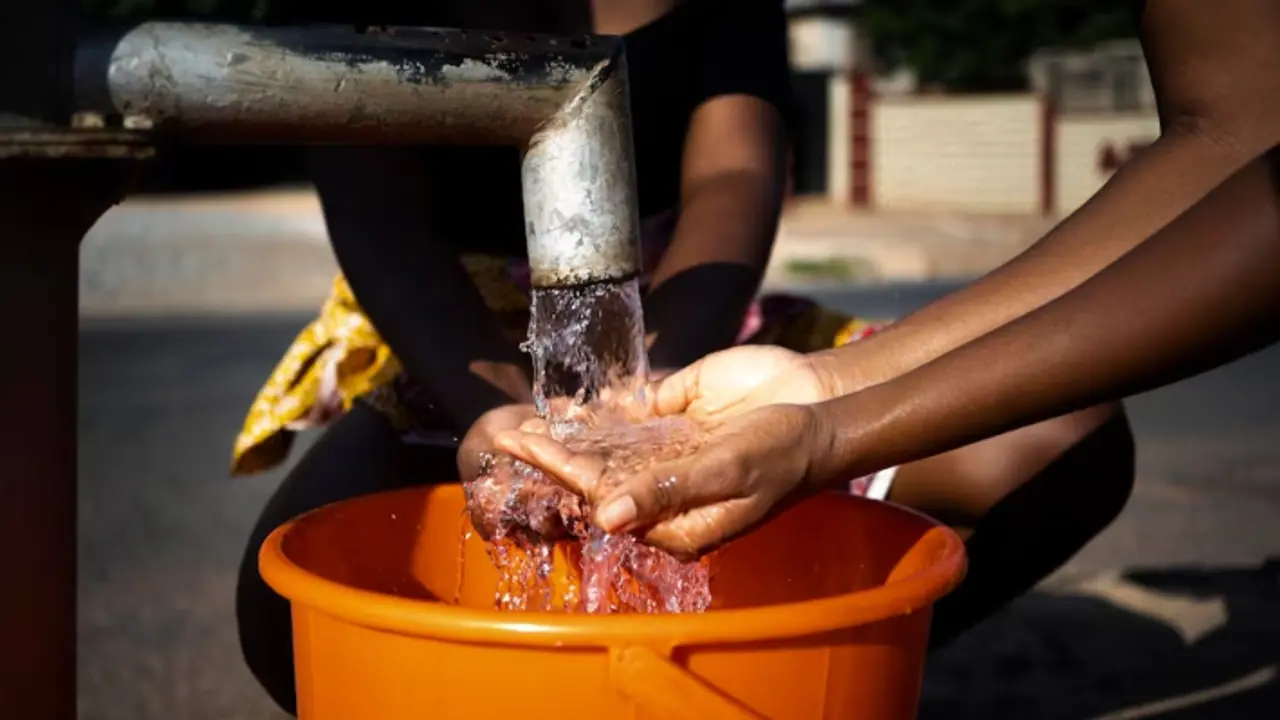Bengaluru and Vijayapura, Karnataka, are facing severe water crises due to plummeting groundwater levels exacerbated by insufficient rainfall and unchecked borehole drilling. Lakes have dried up, raising concerns about encroachments. Conservation measures like rainwater harvesting and tree planting are urged, but collective action is needed to mitigate the scarcity.
Bengaluru has experienced a dire water crisis over the past few weeks, with reports emerging of citizens lining up for tanker water services across the city. The insufficient rainfall in Karnataka has raised concerns about groundwater availability in the city. Lakes in the Silicon City have dried up completely, drawing scrutiny from citizens due to alleged encroachments by apartments across the IT hub.

After Bengaluru, Residents of Vijayapura in Karnataka district face a dire water crisis as groundwater levels continue to plummet, echoing the challenges seen in other parts of Karnataka, including the state capital, Bengaluru. The situation has reached alarming levels, with experts warning of an imminent shortage of drinking water across the region.
Water crisis hits Bengaluru's oxygen hub Lalbagh; Requires 1.5 million litres of water daily to quench thirst
Over the past year, the depth of groundwater sources in Vijayapura has dramatically decreased, with wells and boreholes showing a significant decline in water levels. According to reports from the Groundwater Directorate, the water table has dropped from 10.20 meters below ground level in February last year to a staggering 16.57 meters by the same time this year. This represents a concerning drop of 6.38 meters within just one year.
One of the contributing factors to this crisis is the widespread drilling of boreholes, often exceeding the recommended depths. Farmers, in particular, are drilling boreholes up to 500 to 1,000 feet deep to sustain their agricultural activities, especially horticultural crops. Despite regulations prohibiting the drilling of private boreholes within 500 meters of public water bodies, this rule is frequently ignored in the district.
Bengaluru water crisis: Experts call for Work From Home as companies offer perfumes to employees
The District Groundwater Office has been closely monitoring the situation through a network of 53 study tube wells strategically placed across the region. Their findings reveal a consistent decline in groundwater levels over the past three years, with the current year showing the most significant decrease yet.
In response to the crisis, groundwater scientists have emphasized the importance of adopting conservation measures. These include rainwater harvesting, planting trees to enhance groundwater recharge, and undertaking initiatives such as dredging lakes and constructing check dams to retain water. However, these efforts require collective action and cooperation from all residents to effectively mitigate the water scarcity gripping the region.
